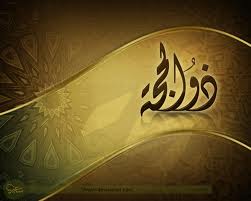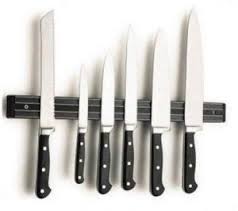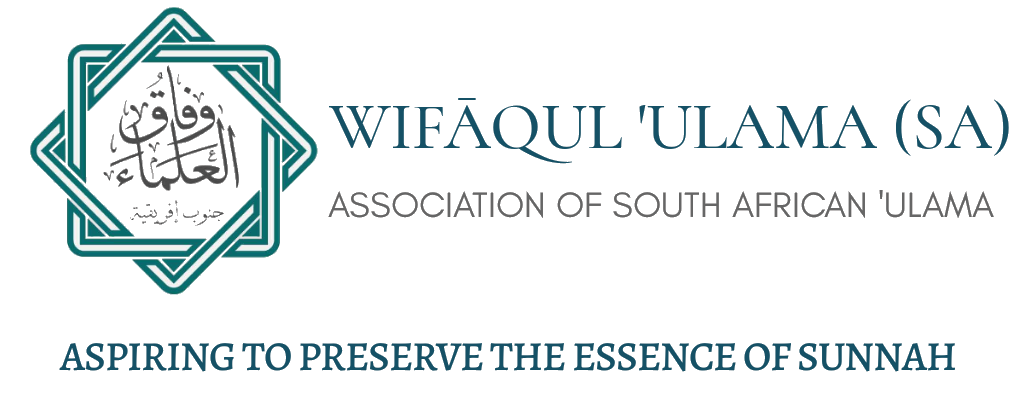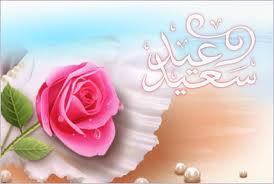1. One should avoid eating anything before Eid salaah on the day of Eid ul Adha (instead the first thing one should consume should be the meat of the sacrificed animal).…
Read More »Sunnats and Aadaab of Eating – Part 5
 1. The young should give preference to the old and senior people (Ulama, etc.) among them to commence eating.…
1. The young should give preference to the old and senior people (Ulama, etc.) among them to commence eating.…
Sunnats and Aadaab of Eating – Part 6
 1. One should recite the following duaa after eating:
1. One should recite the following duaa after eating:
اَلحَمْدُ لِلَّهِ الَّذِي أَطْعَمَنَا وَسَقَانَا وَجَعَلَنَا مُسْلِمِينَ
All praise is due to Allah Ta’ala who gave us food and drink and made us Muslims.…
Read More »Sunnats and Aadaab of Eating – Part 7
 1. First remove the food before getting up and leaving. When removing the dastarkhaan, the following duaa should be read:
1. First remove the food before getting up and leaving. When removing the dastarkhaan, the following duaa should be read:
اَلحَمْدُ لِلَّهِ حَمْدًا كَثِيرًا طَيِّبًا مُبَارَكًا فِيهِ غَيرَ مَكْفِيٍّ وَلَا مُوَدَّعٍ وَلَا مُسْتَغْنًى عَنهُ رَبَّنَا
All praise is due to Allah Ta’ala, such praises that are plentiful, pure and full of blessings.…
Read More »Sunnats and Aadaab of miswaak – Part 1
 1. The method of holding the miswaak is for one to place his thumb and small finger under the miswaak with his remaining fingers on the upper-side of the miswaak.…
1. The method of holding the miswaak is for one to place his thumb and small finger under the miswaak with his remaining fingers on the upper-side of the miswaak.…
Sunnats and Aadaab of Eating – Part 1
 1. One should sit and eat on the floor.
1. One should sit and eat on the floor.
2. One should spread out a cloth (dastarkhaan) on the floor before eating.…
Read More »Sunnats and Aadaab of miswaak – Part 2
 1. In the absence of a miswaak, the finger may be used as a substitute.
1. In the absence of a miswaak, the finger may be used as a substitute.
عن أنس رضي الله عنه قال قال رسول الله صلى الله عليه وسلم يجزئ من السواك الأصابع (التلخيص الحبير 1/104)
Hazrat Anas (radhiyallahu anhu) reports that Hazrat Rasulullah (sallallahu alaihi wasallam) said, “The fingers can suffice as a miswaak (in the absence of a miswaak).”…
Read More »Sunnats and Aadaab of Dhul Hijja
 1. Dhul Hijja is from the four sacred months of the Islamic calendar. The four sacred months are Dhul Qa’dah, Dhul Hijja, Muharram and Rajab.…
1. Dhul Hijja is from the four sacred months of the Islamic calendar. The four sacred months are Dhul Qa’dah, Dhul Hijja, Muharram and Rajab.…
Occasions when the Miswaak should be used – Part 1
عن عائشة رضي الله عنها أن النبي صلى الله عليه وسلم كان لا يرقد من ليل ولا نهار فيستيقظ إلا تسوك قبل أن يتوضأ (سنن أبي داود، الرقم: 57)
Hazrat Aaishah (radhiyallahu anha) reports, “Whenever Nabi (sallallahu alaihi wasallam) awoke from his sleep, whether in the night or day, he would make miswaak before performing wudhu.”…
Read More »Sunnats and Aadaab of Qurbaani
 1. Qurbaani is a great and meritorious ibaadat in Deen. Special mention has been made regarding it in the Holy Qur’aan and its abundant virtues and significance have been emphasised in the Ahaadith of Rasulullah (Sallallahu Alaihi Wasallam).…
1. Qurbaani is a great and meritorious ibaadat in Deen. Special mention has been made regarding it in the Holy Qur’aan and its abundant virtues and significance have been emphasised in the Ahaadith of Rasulullah (Sallallahu Alaihi Wasallam).…
 Wifāq ul Ulāma (SA) ASSOCIATION OF SOUTH AFRICAN 'ULAMA
Wifāq ul Ulāma (SA) ASSOCIATION OF SOUTH AFRICAN 'ULAMA
